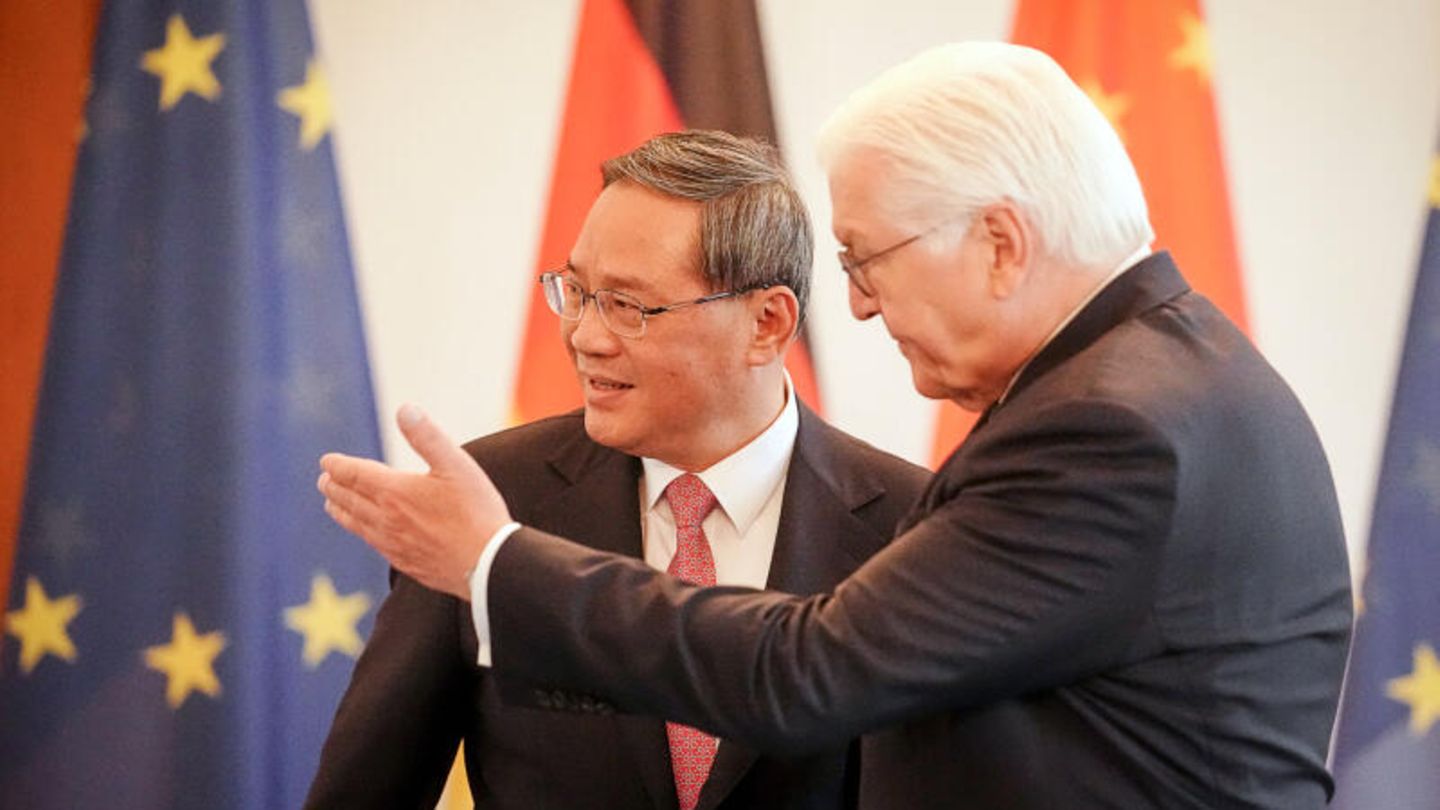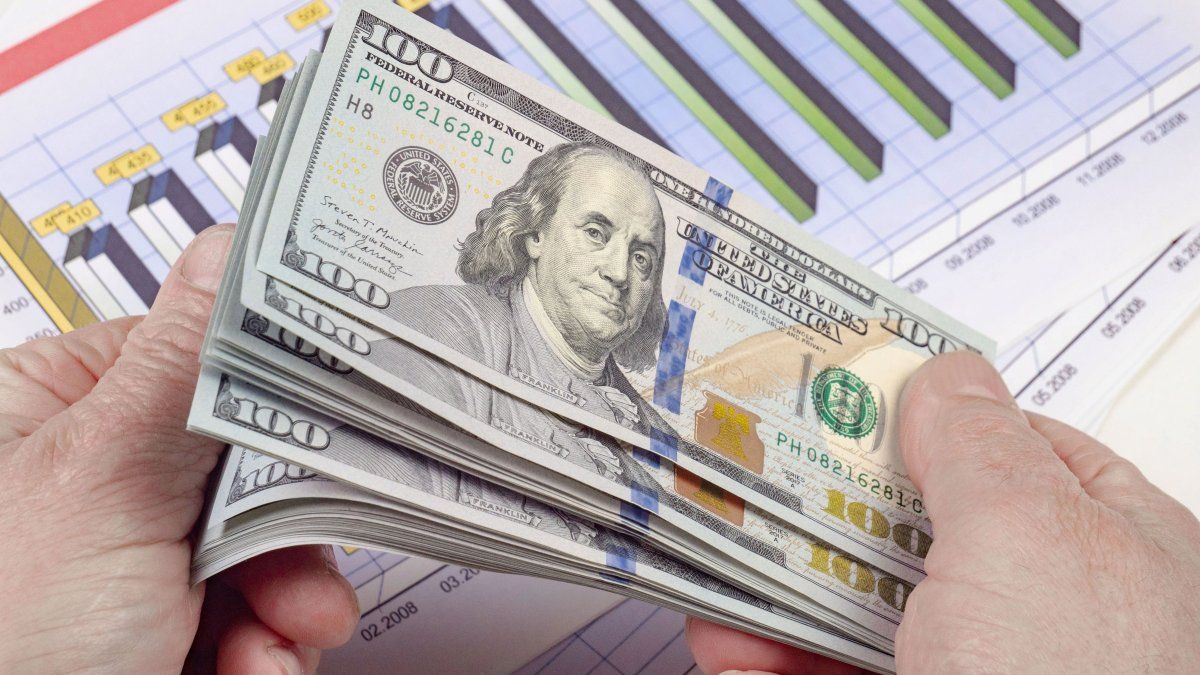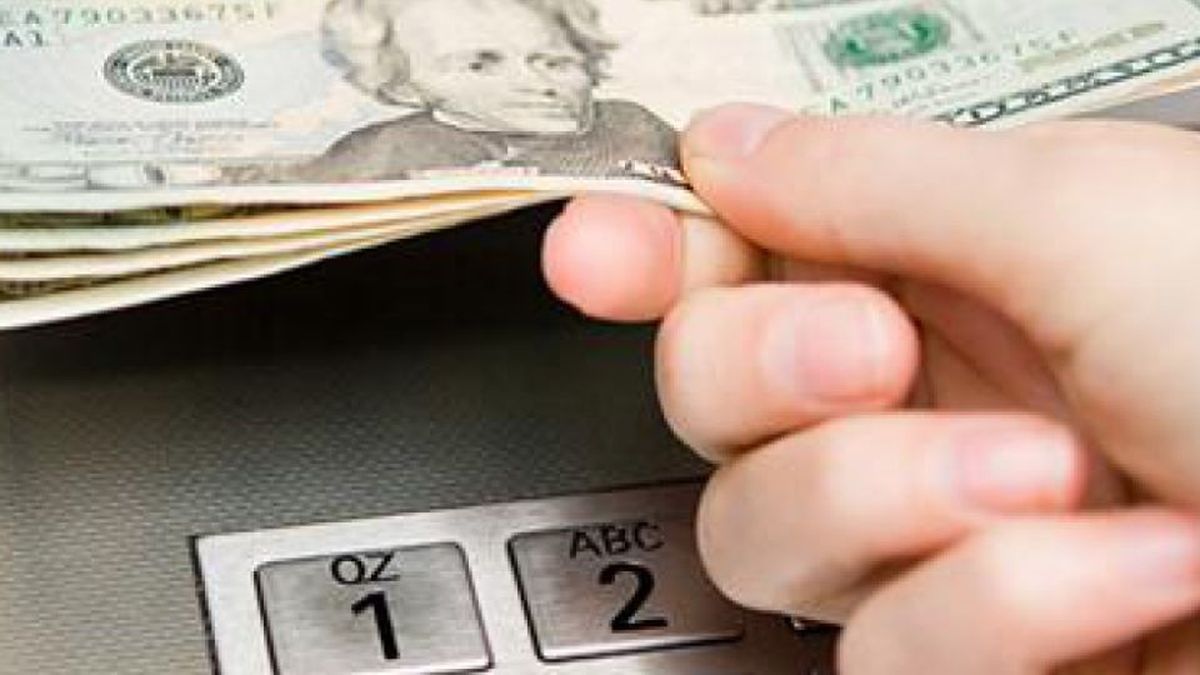Plenty of handshakes and even more distrust: these are the basic ingredients for China’s Prime Minister Li Qiang’s inaugural visit to Berlin. The government representatives want to put their heads together – they want to get closer to each other again. An overview.
“Acting sustainably together” is the motto of the 7th German-Chinese intergovernmental consultations. There’s a lot to talk about, but the omens could be better. Answers to the most important questions.
What are the consultations about?
It has been five years since German and Chinese delegations last met in person. For Li Qiang, it is the first trip abroad since he took office as prime minister in March. The Chinese head of government is traveling with nine other high-ranking officials. Li is considered to be one of President Xi Jinping’s closest confidants. The government consultations should also be about trust – about trust and prosperity.
He hopes for a “strong positive signal for stable international industrial and supply chains as well as world peace and prosperity,” said a statement prepared by the Chinese embassy. Chancellor Olaf Scholz put it in a sober Hanseatic way. He expects a “very important working meeting”.
What is the schedule?
It all started on Monday morning with a visit to Federal President Frank-Walter Steinmeier at Bellevue Palace.
Apart from that, Steinmeier’s diary only says “Picture appointment upon entry in the guest book”.
It should only get richer in the evening. At 6 p.m. Federal Chancellor Olaf Scholz will receive Li in the Chancellery for dinner. What will be served – in terms of food and content – is not yet known.
The real work doesn’t start until Tuesday. First, Scholz officially welcomes the high-ranking guest from the Far East at 10 a.m. – with military honors, of course. Then it’s down to business. After the consultations are complete, Li and two of his ministers meet with Scholz at the Economy Ministry at Robert Habeck’s, where they meet with business representatives.
In the evening, the Chinese delegation then travels on to Munich. Here Li meets with the Bavarian Prime Minister Markus Söder. On Wednesday, the guests say goodbye.
Sometimes enemy, sometimes friend
Russia and China – Stations of an uncanny friendship
Who is Li Qiang?
Li is to lead China’s government business for the next five years. On paper, the prime minister is the second most powerful man in the country after the president. In fact, over the past two decades, Li’s predecessors have feigned power rather than actually having it. The party is the de facto government – and its secretary-general is therefore the undisputed ruler. However, Li is likely to have something ahead of his predecessors: he is considered a favorite of Xi. Experts argue about whether he can calculate his chances of succeeding Xi.
Before taking office, the 63-year-old was governor and party leader of the economically strongest provinces of Jiangsu, Zhejiang and Shanghai. During the coronavirus pandemic, Li was responsible for the three-month strict lockdown in Shanghai. Bad for popular popularity – good for the confidence of the party leadership. Li is also considered a great friend of the private sector in – theoretically – still communist China.
What about German-Chinese relations?
Despite the predicted heat in Berlin, the mood in the negotiations is likely to be quite cool. After all, German-Chinese relations are simply bad at the moment. Or, as the German embassies in China put it: “more intense than ever before”.
Just last week, the federal government presented the long-awaited national security strategy. Put simply, everything that could threaten Germany now and in the foreseeable future was compiled in it. An important point: the dependence on China. The People’s Republic is still Germany’s number one trading partner. A partner you would like to part with. The group of seven major industrialized countries (G7) had already decided at their summit in May to make themselves more independent of the second largest economy in the world. The EU called China a “partner” – but also a “competitor” and a “systemic rival”.
The recently shattered relationship between Beijing and Washington also put German-Chinese relations to the test. In this regard, there is at least a vague hope of relaxation. Anthony Blinken was the first US Secretary of State to travel to China in five years. “Agreements were reached there on certain issues,” Xi said on Monday after a meeting in Beijing that lasted around half an hour.
Finally, there is also an elephant in the room. With his almost 16-month war of aggression in Ukraine, Russian President Vladimir Putin has also shaken the West’s already shaky relationship with China. The fact that the aggressor is able to continue his war despite massive sanctions from the USA and Europe is ultimately also due to the benevolence of the People’s Republic.
Then, of course, there would be the fight against climate change. If China doesn’t go along with this, victory is out of the question.
In short: it doesn’t work with and without Beijing. This is probably a dilemma of the century that will certainly not be solved in one day. But the interlocutors will know that themselves.
Sources: ; “”; “” DPA; AFP
Source: Stern
I have been working in the news industry for over 6 years, first as a reporter and now as an editor. I have covered politics extensively, and my work has appeared in major newspapers and online news outlets around the world. In addition to my writing, I also contribute regularly to 24 Hours World.




